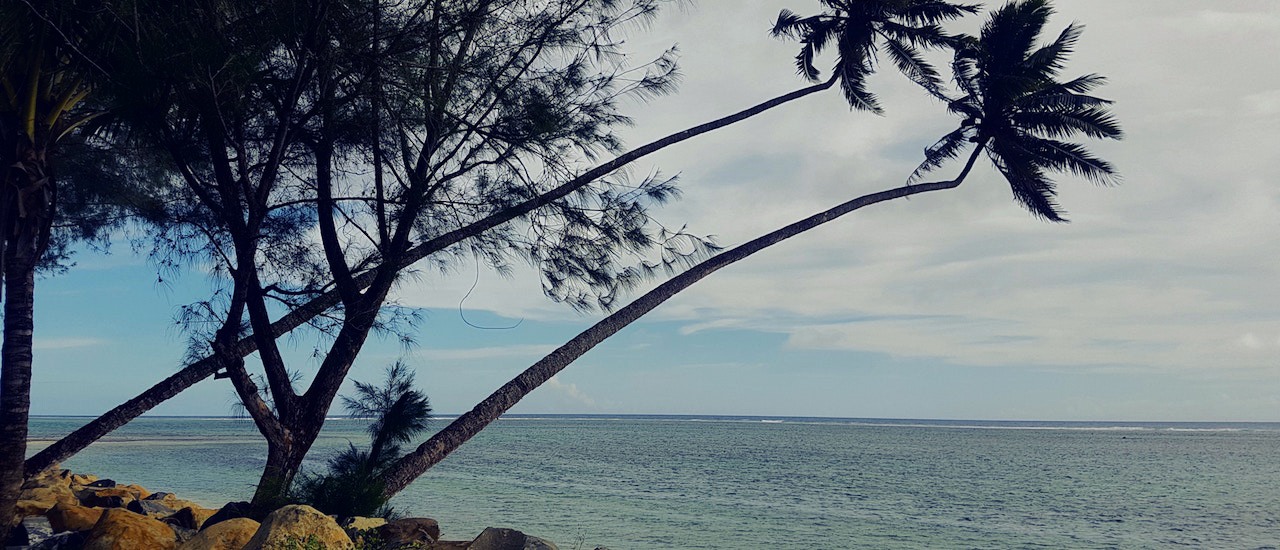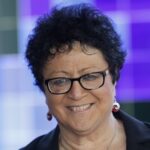2019 was an active year for Pacific involvement in the Internet economy. What we have demonstrated is that originating from small island developing states (SIDS) in the Pacific does not restrict one’s opportunity to become a leader within large international organizations like ICANN, which manages and allocates domain names and IP addresses globally.
I was very honored that my colleagues from the ICANN At-Large Advisory Committee (ALAC) elected me to be their Chair for 2019, and again for the upcoming year. It has enabled me to use my organizational management skills which I did by distance learning from Rarotonga through Massey University in New Zealand.
My Cook Islands colleague, Pua Hunter, was also elected at the recent ICANN meeting as regional co-chair for the Government Advisory Committee (GAC). She is already the chair of GAC’s Underserved Regions Committee. Such leadership roles have also been achieved by others from SIDS in other Internet-related organizations, which goes to show that being from small islands does not mean that we will go unnoticed if we are prepared to be active in our commitment to improving our regions.
The Pacific Islands Chapter of the Internet Society (PICISOC) received a boost at the elections last year, when four former PICISOC Board leaders returned to the Board to rejuvenate and boost its membership. The Board re-established PICISOC’s website and started populating it with local articles about successful ICT-related activities, including the achievements of successful women in ICT.
One notable success was Branicia Itsimaera who recently graduated from the Unitec Institute of Technology in Auckland, New Zealand with a Bachelor of Computing Systems degree. She is the only woman working in the ICT sector on her small island of Nauru. This is not an easy achievement in anyone’s world but when you come from a SIDS and you are a woman, this is particularly significant.
During the Asia Pacific Regional Internet Governance Forum (IGF) held in July in Vladivostok, Russia, PICISOC was represented by two Board members, Anju Mangal from Fiji and myself from the Cook Islands. We picked up a new recruit, James Ah Wai from Samoa, who although a first-time attendee of any IGF event, took to his speaking tasks like a duck to water. He came from a background of general interest in Internet Governance, and soon after his return to Samoa took on the role of president of their newly-formed Samoa Information Technology Association.
One significant event for school students from 11 Pacific Island countries was their participation in the FIRST Global Challenge, an international Olympics-style robotics event established three years ago to encourage children to pursue science and engineering careers. FIRST stands for “For Inspiration and Recognition of Science and Technology.” Samoa finished first among the Pacific Islands contingent with a ranking of 26 out of 193 countries, and Cook Islands came second among the Pacific participants in a very creditable 30th place for their first time in the competition.
Another development in the Cook Islands was the establishment of a Centre of Excellence in Information Technology. This is a joint collaboration project of the Government of India and the Government of Cook Islands to offer specialised training programmes in the field of ICT to the citizens of Cook Islands, where each programme is customised to meet the needs of the local business community. This is a major move forward for international collaboration where the outcomes of the support are specifically beneficiary-country-centric.
Read the original article on the Cook Islands Internet Action Group.

